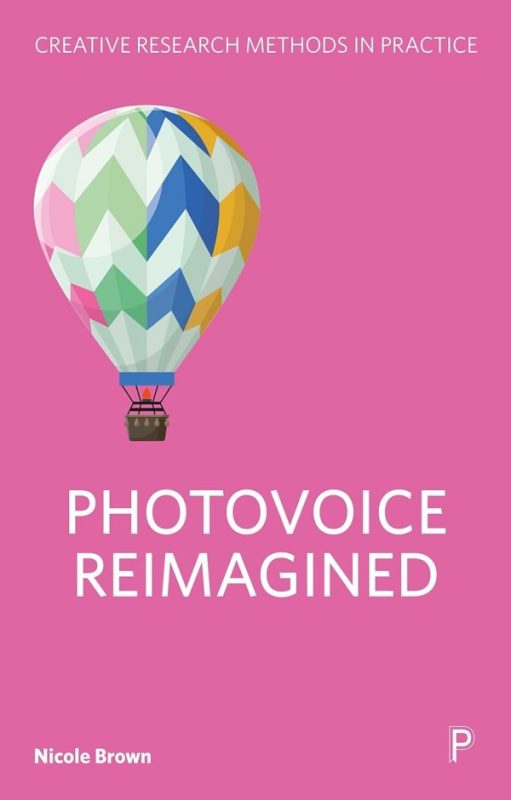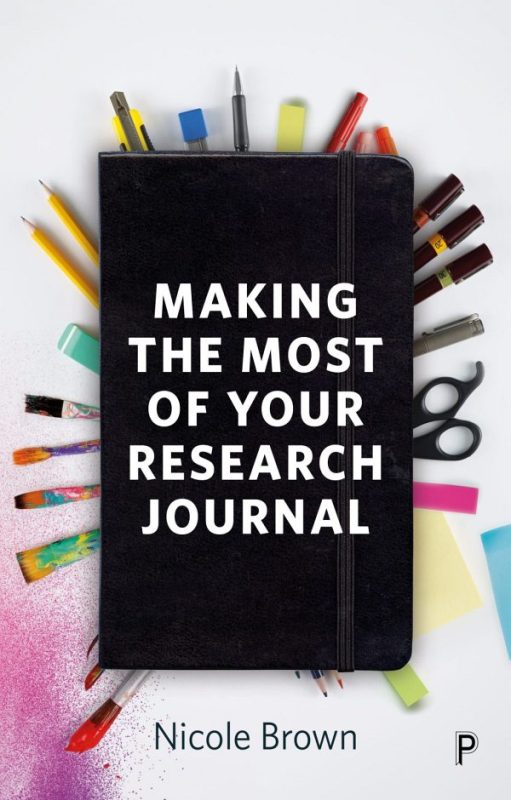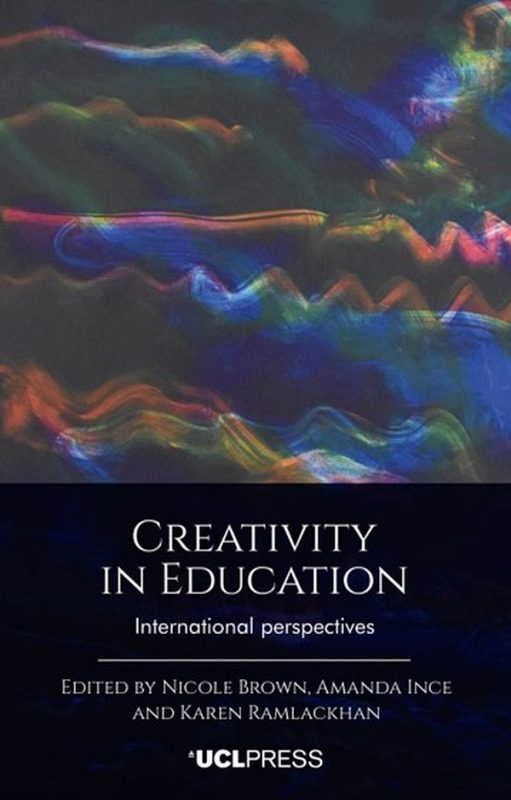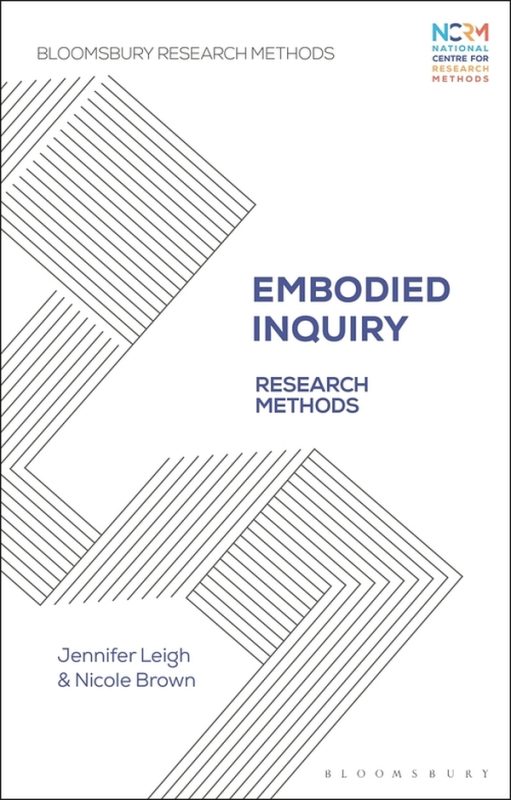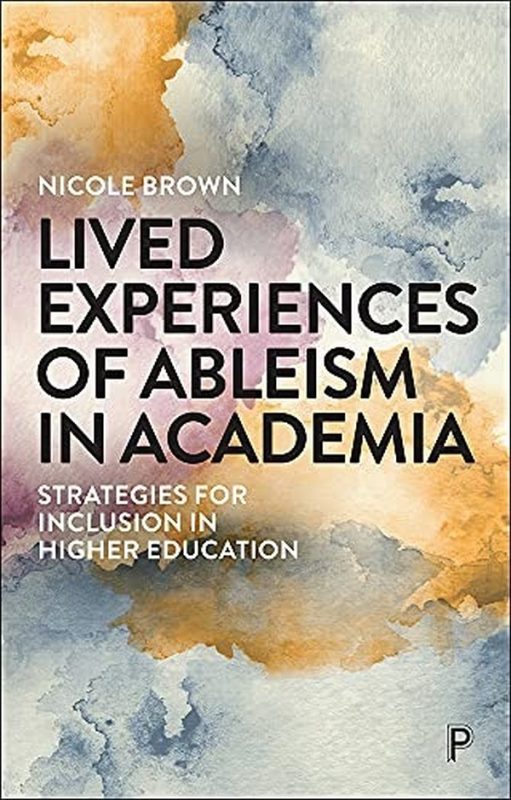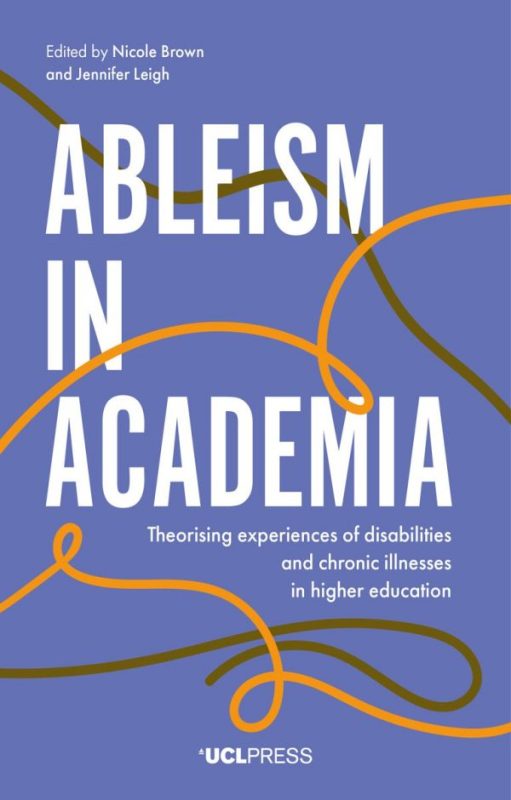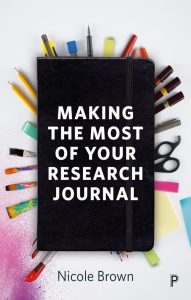
How to keep a research journal
This post links to my contribution to the Lex Academic Blog, in which I write about how to keep a research journal.

Article: Exploring experiences of ableism in academia
This article presents disabled academics' experiences and collective understandings of ableism as constructed through normalisation and able-bodiedness.

Article: Making sense of cultural bumps – Supporting GTAs with teaching
This article reports on a study with over 100 Graduate Teaching Assistants exploring experiences of ‘cultural bumps’ at a UK University.
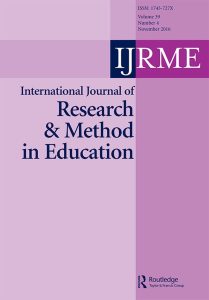
Article: Scope and continuum of participatory research
In this article, I draw on three case studies to explore the relationship between participatory and creative research methods.
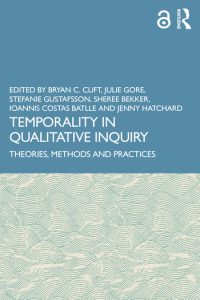
Chapter: Rhythmanalysis to account for time
This chapter draws on Nicole's research on how academic staff with chronic illnesses and disabilities specifically interact with the buildings and what impact the physical environment has on their everyday experience.
Conferencing “disabled style”
This is an extract from a guest post on the Conference Inference blog published upon invitation in relation to my ableism in academia work. In this post, I illustrate what it means to do conferencing "disabled style", when your body and/or mind are not typical, and what the realities are of navigating and negotiating conference spaces under the influence of visible and invisible conditions.
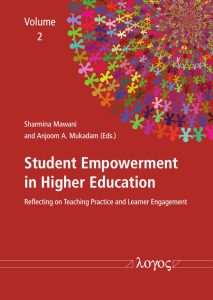
Chapter: Assessments: letting students decide
If students are to take responsibility for their learning, then why are they not also in charge of their assessments? This question forms the basis for this paper that is co-written between two students and one member of staff.
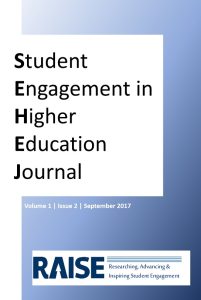
Article: Increasing students’ engagement with reflections
This article seeks to explore the nature and depth of students’ engagement by providing an example from a teacher education programme.
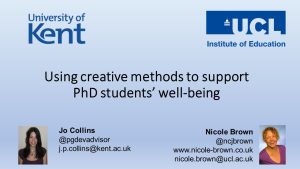
Using creative methods to support well-being amongst PhD students
This workshop provides attendees with reflective tools to help PhD students understand their innermost emotions, concerns and needs, which is a first step towards developing strategies for well-being.
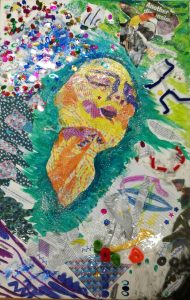
Creative methods – messy data?
This is to stimulate a discussion around boundaries of research, ethics and ownership of "messy data" resulting from creative methods.
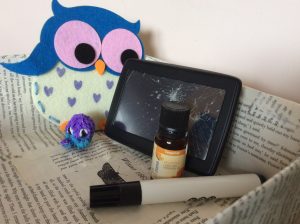
Identity boxes
In this post I describe what identity boxes are, how I developed the idea and why identity boxes can be used in research.
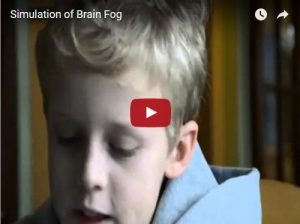
Simulation of brain fog
Brain fog is difficult to explain. So I tried to create a simulation of an episode of brain fog.
Pluralism lesson resources
Download the resources for the pluralism lesson from here.
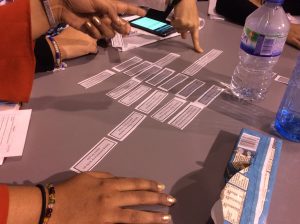
Types of plagiarism
Irrespective of the types of plagiarism, ultimately plagiarism is a punishable offence. Therefore, it is a good idea to get fully acquainted with the different types of plagiarism in order to be able to effectively avoid difficult situations. You are best advised to err on the side of caution and therefore credit too many authors and originators rather than not crediting others enough. Plagiarism is not a trivial offence, but theft and will be treated as such, irrespective of whether or not you plagiarise intentionally or unintentionally.
Sarah Pink: Doing Sensory Ethnography
Pink's understanding of ethnography is broader than that of a study relating to the culture or society of humans. Really, ethnography in Pink's view is a phenomenological study of life world and in the book she offers ways of accessing this life world through a range of channels. Pink suggests including the human senses at all levels of research. This book offers great justification for a less conventional approach to research; an approach where openness to what happens is paramount.
Etiquette at University
When joining a University it is imperative to acquaint yourself with the usual habits and rules. Generally, however, you should always be on time and be polite.
